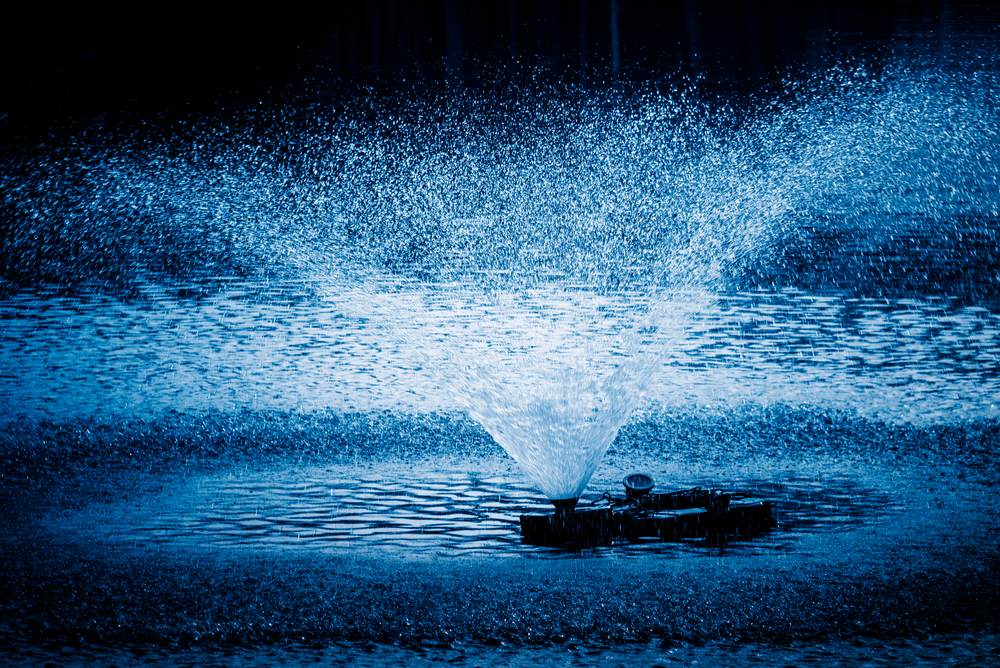To aerate your lake, you must understand the procedure and its benefits. Aerating any water body is among the best ways to clean the water, whether it’s a pond or lake. The water can be agitating when depleted of its oxygen. As a result, it becomes more filthy and smelly, making the surroundings uncomfortable. So, lake aeration matters a lot.
Pond or lake water should contain a specific amount of oxygen. However, when the water is stagnant, oxygen floats on the water’s surface, reducing the oxygen levels in the bottom water layer. Aerating the water adds oxygen to the deeper end of the lake, ensuring enough oxygen in the entire water body.
Are you contemplating whether to aerate your lake or not? Here is what lake aeration entails and the benefits you should know. Share on XLet’s look at what lake aeration entails and the benefits of an aeration system.
What is Lake Aeration?
Lake aeration helps to raise dissolved oxygen concentration in lake water. It involves pumping compressed air using a motorized mechanism into an underwater diffuser, which releases it into water. The air then creates an aeration circulation that lifts the bottom water to the surface to release toxic gases and take up oxygen from the atmosphere.
Benefits of an Aeration System
Low oxygen levels can have negative impacts on aquatic life. For example, it can cause algae blooms and result in fish death. Thankfully, aerating your lake can prevent algae overgrowth and reduce the muck that might build up at the bottom of your pond or lake.
As a result, the water will become more transparent, and you won’t feel any unpleasant smell. Aeration also homogenizes water quality and pH levels, reducing water treatment costs.
Improve Your Water Quality
Lake aeration helps increase your water quality by maintaining higher oxygen levels and preventing toxic gases. As a result, you’ll experience less odor and algae blooms. Besides, it prevents stratification, making the water more habitable for fish and other aquatic animals. Most importantly, you won’t have to dredge the lake more regularly.
Let Waterline Help
Now that you understand why you should aerate your lake, consider doing it more frequently to improve your water quality. Invest in an aeration system that can maintain high levels of oxygen throughout the water.
You can opt for a surface aeration system if the water is shallow. However, you’ll need a more advanced aeration system for deeper waters.
Contact us today to discuss your water aeration project with our experts.



